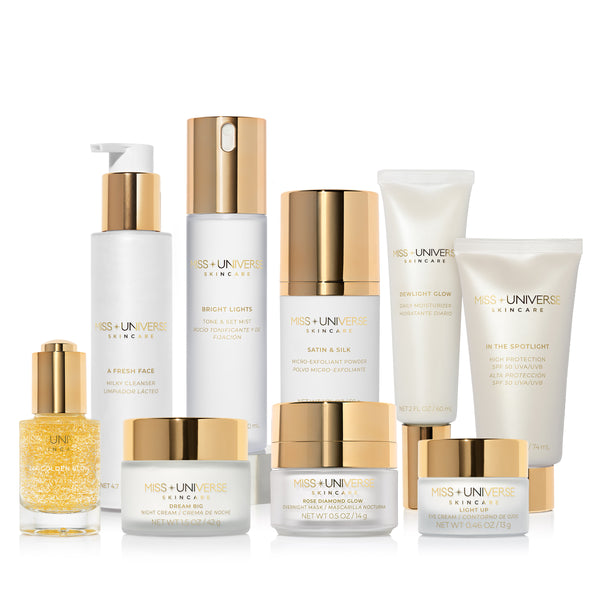ABCDou Insights
Exploring the world of news, trends, and information.
Bare It All: The Truth About Skin Care
Uncover the secrets to flawless skin! Dive into skin care truths that brands won’t tell you. Your glow-up starts here!
The Top 10 Myths About Skin Care Debunked
Skin care is often surrounded by a myriad of misconceptions that can lead to ineffective treatments and unhealthy practices. One of the most common myths is that individuals with oily skin do not need to moisturize. In reality, moisturizing is essential for all skin types, including oily skin, as it helps maintain the skin's natural barrier and can actually regulate oil production. Another prevalent myth suggests that you only need to wear sunscreen on sunny days. However, UV rays can harm your skin even on cloudy or overcast days, making daily application of sunscreen crucial to protect your skin year-round.
Another myth that needs debunking is the belief that natural or organic products are always better for your skin. While some natural ingredients can be beneficial, they can also cause irritation and allergic reactions in certain individuals. Additionally, the myth that higher-priced products guarantee better results can lead to unnecessary expenses. The truth is, the effectiveness of a product often lies in its ingredients rather than its price tag. Lastly, people often believe that using more products leads to healthier skin, but overloading your skin with products can actually disrupt its natural balance and lead to issues such as breakouts and irritation. It's essential to find a skin care routine that works for you and stick to it.

How to Choose the Right Skin Care Products for Your Skin Type
Choosing the right skin care products for your skin type is crucial for achieving healthy, glowing skin. First, you need to identify your skin type, which generally falls into one of five categories: normal, oily, dry, combination, or sensitive. Each skin type has unique needs and reacts differently to various ingredients. For example, if you have oily skin, look for lightweight, non-comedogenic products that won't clog your pores. On the other hand, those with dry skin should opt for more moisturizing ingredients like hyaluronic acid or ceramides.
Once you’ve identified your skin type, it's important to read the labels of potential products carefully. Pay attention to active ingredients that cater to your specific concerns. For instance, if you're struggling with acne, products containing salicylic acid or benzoyl peroxide can be beneficial. Additionally, consider performing a patch test before fully incorporating a new product into your routine to prevent adverse reactions. Remember, the right skin care products can make all the difference in achieving a smooth, radiant complexion, so take your time and find what works best for you!
Is Your Skin Care Routine Harming Your Skin? 5 Signs to Look For
Your skin care routine is meant to enhance your skin's health, but what if it's doing the opposite? Many individuals unknowingly use products that can aggravate their skin, leading to discomfort and irritation. Signs your skin care routine may be harming your skin include persistent redness, excessive dryness, or increased oiliness, as these symptoms can indicate that your products are too harsh or inappropriate for your skin type. Paying attention to how your skin reacts after using a new product is crucial, as your skin often communicates its needs through visible changes.
Here are five signs to look for that may indicate your skin care routine is harmful:
- Persistent redness: If your skin is often flushed or irritated, reconsider the ingredients you are using.
- Dry patches: Excessive dryness can result from over-exfoliation or using products with alcohol.
- Unexpected breakouts: If you are experiencing more acne than usual, your products may be clogging pores.
- Increased oiliness: Stripping your skin of natural oils can cause it to compensate by producing more oil.
- Itching or burning sensations: If your products cause discomfort, they are likely not suitable for your skin.